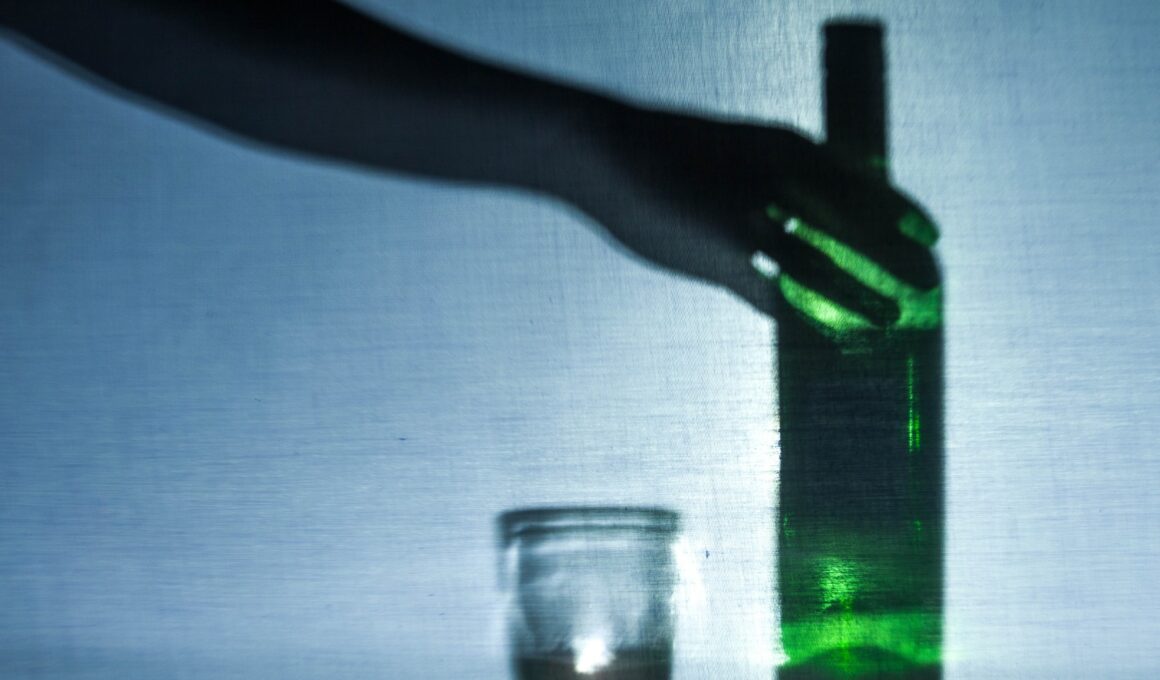Many people will use alcohol as a way to unwind and to relax – even self-medicate. Alcohol slows down our thinking, eases our stress and helps us to forget the rigors of the day. It is after all a depressant, which means that it essentially suppresses our brain activity and helps us to put on the breaks. This is similar to the way that some anti-anxiety medication such as benzodiazepines work (though not the exact same).
It might be surprising then to learn that there is a connection between alcohol and panic attacks and that those who suffer with anxiety may actually find alcohol makes the problem much worse. Read on and we’ll look at how alcohol and panic attacks are related and why you should avoid drinking if you suffer with the condition.
How Alcohol and Panic Attacks Are Linked
While alcohol is predominantly a depressant, that isn’t to say that it will always lower the heart rate. In some cases, your heart rate may actually increase when drinking beer or wine which is a result of your body trying to fight and drive out the toxin from your body. This can then result in an increased heart rate and or an irregular heartbeat (called arrhythmia). This is then further exacerbated by dehydration as alcohol is a powerful diuretic.
Already this creates a situation where you are more liable to experience a panic attack. As your heart rate becomes elevated and your body becomes dehydrated, this sends signals to your brain that all is not well and as a result you may begin releasing more adrenaline and becoming generally more ‘worked up’. If you are someone who is currently experiencing regular anxiety attacks, then you might misread an elevated heart rate caused by alcohol as being the first signs of a panic attack – and ironically this can also be a source of panic and stress leading to an actual anxiety attack.
Finally though, alcohol also shuts down the prefrontal cortex generally while leaving your more ‘primitive’ brain areas still functional. This is why many people make poor decisions when drinking – why they become more likely to act on their sexual desires or to get into fights for instance. In the case of a panic attack, alcohol can leave you in a state where your primitive brain is able to generate the fight or flight response but your areas responsible for higher reasoning are unable to assess the situation more objectively and to encourage you not to worry. The result is that you might end up acting more like a scared animal or child rather than a logical and relaxed adult.
Of course you might also make mistakes while drinking that give you more reason to panic in the morning as well!
Getting Treatment for Panic Attacks
If you find yourself experiencing panic attacks when drinking, then it’s important to limit your intake of alcohol and to avoid putting yourself in those situations. A common mistake is for people to try and self-medicate for stress using alcohol, not realizing that this can actually cause severe anxiety symptoms.
Instead then, try to address your stress separately by changing aspects of your lifestyle and routine and by looking after your health. To address your panic attacks, the best strategy is to use cognitive behavioral therapy which is a form of therapy that focusses on changing your thought patterns and teaching more effective coping mechanisms for calming down.




